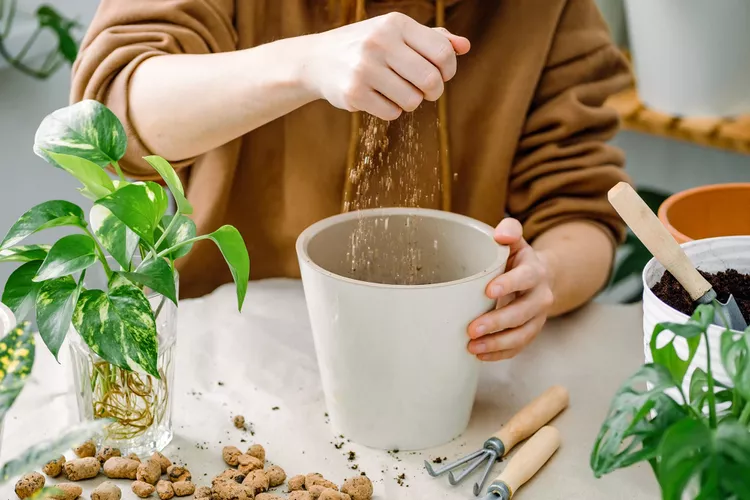Sep . 10, 2024 11:37 Back to list
high quality horticulture vermiculite
The Significance of High-Quality Horticulture Vermiculite in Modern Gardening
In the world of horticulture, the quest for ideal growing mediums is paramount for cultivating healthy plants and achieving bountiful yields. Among the various options available to gardeners, high-quality horticulture vermiculite stands out as an exceptional choice. Originating from the expansion of vermiculite ore through a heating process, this mineral substrate offers a multitude of benefits that can significantly enhance plant growth and soil health.
What is Vermiculite?
Vermiculite is a natural mineral, primarily composed of hydrated magnesium iron aluminum silicate. It is formed through the weathering of mica, a mineral commonly found in granite, and is characterized by its ability to expand when heated. This property allows vermiculite to develop a lightweight, spongy structure that is highly advantageous for horticultural applications. High-quality horticulture vermiculite is specifically processed to ensure purity and optimal physical properties, making it ideal for both amateur gardeners and professional horticulturists.
Benefits of High-Quality Horticulture Vermiculite
1. Excellent Aeration and Drainage One of the most significant advantages of using high-quality vermiculite is its ability to improve soil aeration and drainage. The expanded structure of vermiculite creates ample air pockets within the soil, facilitating root growth and ensuring that plants receive the necessary oxygen. This property is particularly beneficial in preventing root rot, a common issue in overly compacted soils.
high quality horticulture vermiculite

2. Moisture Retention High-quality vermiculite possesses superior moisture-retention capabilities. Its unique absorbent nature allows it to hold water efficiently, releasing it gradually to plant roots as needed. This characteristic helps to maintain consistent moisture levels, which is essential for healthy plant growth, especially in arid environments or during dry spells.
3. Nutrient Holding Vermiculite is not just a passive medium; it actively contributes to plant nutrition. It has a high cation exchange capacity (CEC), meaning it can attract and hold essential nutrients such as potassium, calcium, and magnesium. This ability ensures that nutrients remain accessible to plants over time, reducing the need for excessive fertilization and helping to promote sustainable gardening practices.
4. pH Neutral High-quality horticulture vermiculite is generally pH neutral, making it suitable for a wide range of plants. This attribute allows gardeners to use it without the concern of altering the soil's pH balance, ensuring optimal growing conditions for various species.
5. Versatile Applications Vermiculite can be used in numerous gardening scenarios, including seed starting, potting mixes, hydroponics, and for improving existing soil. Its lightweight nature also makes it an excellent component for rooftop gardens and container gardening, where weight considerations are crucial.
Conclusion
In conclusion, high-quality horticulture vermiculite represents a remarkable innovation in the field of gardening. Its ability to enhance aeration, retain moisture, hold nutrients, maintain a neutral pH, and adapt to various applications makes it a versatile and invaluable growing medium. Whether you are a seasoned horticulturist or a novice gardener, incorporating high-quality vermiculite into your gardening practices can lead to healthier plants and improved yields. As horticulturalists continue to explore sustainable and effective growing methods, vermiculite will undoubtedly remain a key player in the cultivation of thriving plants.
-
High-Quality Fe-C Alloy Leading Manufacturers & Spherical Alloy Materials Supplier
NewsJun.10,2025
-
Premium Low Nitrogen Recarburiser Supplier & Manufacturer – High Quality Exporters
NewsJun.10,2025
-
DT4 High-Quality Magnetic Materials Leading DT4 Manufacturer & Supplier
NewsJun.10,2025
-
High-Performance Spring Steel Suppliers Custom Solutions
NewsJun.10,2025
-
Premium SWRCH6A Manufacturer Steel Wire Supplier & Factory
NewsJun.10,2025
-
Premium Mild Steel Wire Rod Supplier & Manufacturer
NewsJun.10,2025
